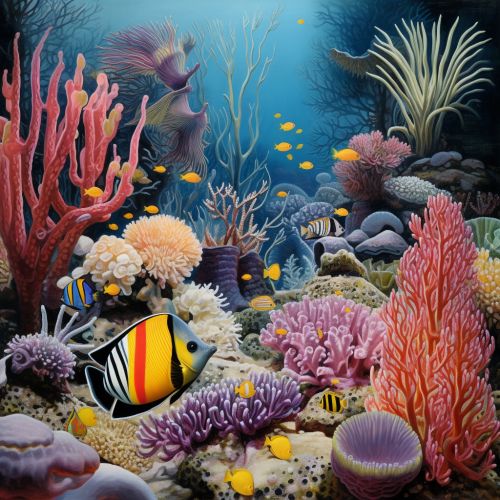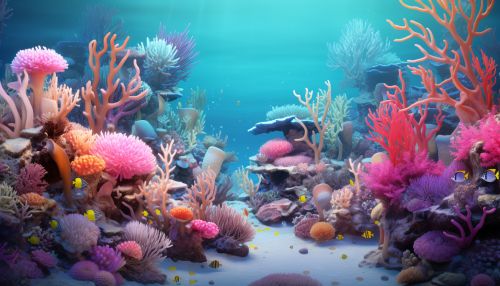Marine pharmacology
Overview
Marine pharmacology is a specialized branch of pharmacology that focuses on the study and application of marine bioresources for the development of pharmaceuticals and bioactive compounds. This field has gained significant attention due to the vast biodiversity of marine organisms, which are a rich source of unique chemical structures with potential therapeutic applications.
History
The history of marine pharmacology dates back to ancient times when marine organisms were used for medicinal purposes. The modern era of marine pharmacology began in the mid-20th century with the isolation and characterization of bioactive compounds from marine sources. Since then, there has been a steady increase in the number of marine-derived compounds entering preclinical and clinical trials.
Marine Bioresources
Marine bioresources refer to the diverse array of marine organisms that serve as sources of bioactive compounds. These include, but are not limited to, marine invertebrates, algae, bacteria, fungi, and viruses. Each of these organisms produces a unique set of secondary metabolites, many of which have demonstrated significant biological activity.


Bioactive Compounds
Bioactive compounds are substances that have an effect on living organisms, tissues, or cells. In the context of marine pharmacology, these are typically secondary metabolites produced by marine organisms. These compounds often have unique chemical structures and modes of action, making them valuable leads for drug discovery and development.
Drug Discovery and Development
The process of drug discovery and development in marine pharmacology involves several stages, including the collection of marine organisms, extraction and isolation of bioactive compounds, structural elucidation, biological testing, and preclinical and clinical development.
Challenges and Future Directions
Despite the potential of marine pharmacology, there are several challenges that need to be addressed. These include the sustainable and ethical collection of marine organisms, the efficient extraction and isolation of bioactive compounds, and the high cost and complexity of drug development. Nevertheless, with advances in technologies such as marine biotechnology, genomics, and synthetic biology, the future of marine pharmacology looks promising.
